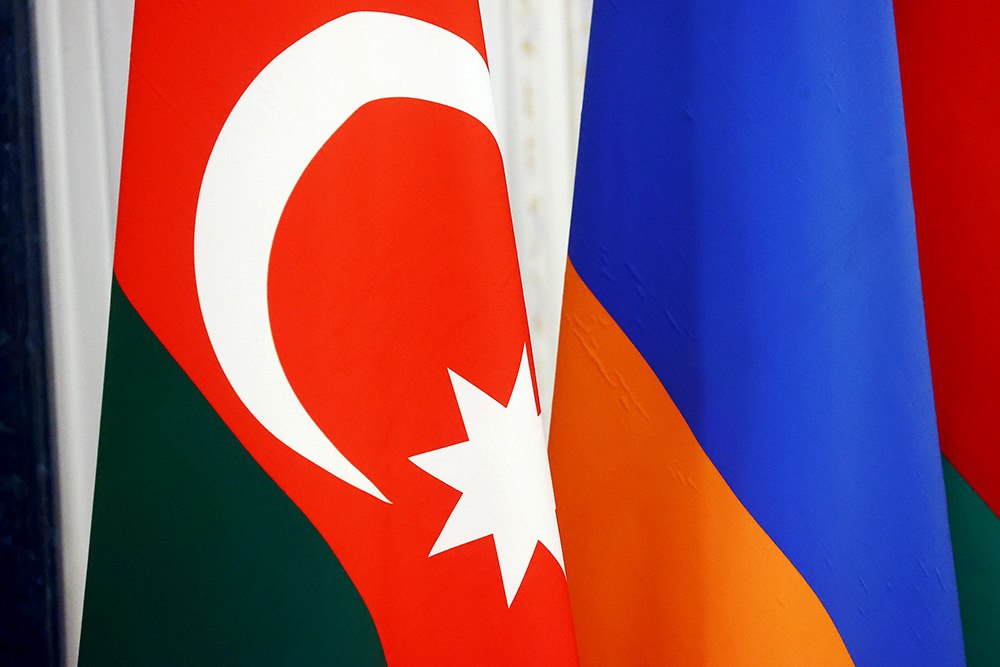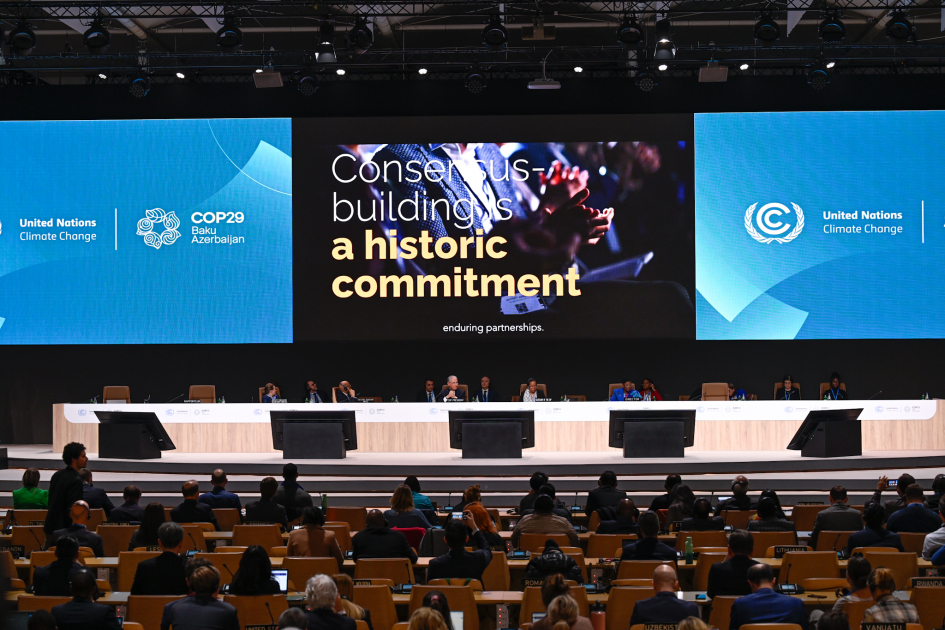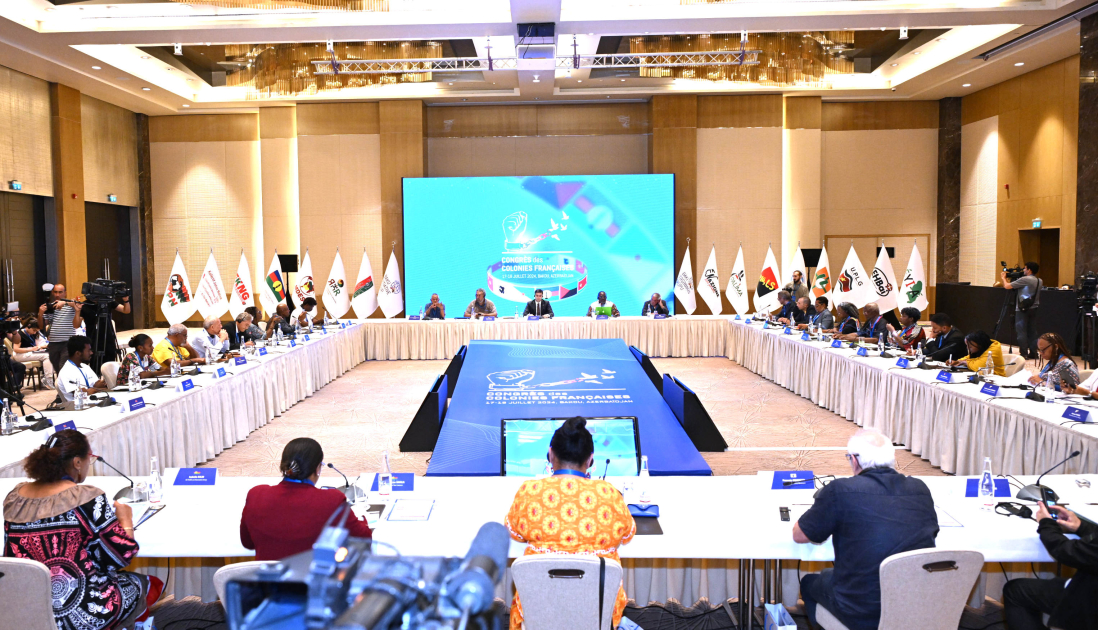
Armenia-Azerbaijan negotiations to resume
In recent months, the pace of peace negotiations between Azerbaijan and Armenia has slowed. The primary reason for this was the 29th session of the UN Framework Convention on Climate Change (COP29) held in Baku from November 11 to 23. With this major global event now concluded, it is expected that the settlement process will resume from where it left off in the near future.
- Opinion: ‘What happened in Georgia can only be described as power grab’
- 16-day campaign against gender-based violence kicks off in Yerevan
- COP29 nears conclusion, but financial target remains unresolved
Analysts from the South Caucasus Research Centre (CSSC) have commented on the possibility of resuming negotiations soon and the direction in which they may continue. JAMnews presents this commentary.
COP29 is over, negotiations can resume
“The COP29 climate conference, which became a major global topic in recent weeks and caused a pause in peace negotiations between Azerbaijan and Armenia, has concluded. Although official Yerevan voted in favor of holding the event in Baku, it set a condition and stated it would participate in COP29 only if certain Armenian citizens detained in Azerbaijan were released. After Azerbaijan rejected this condition, Armenia decided not to participate in the event. As a result, the chain of goodwill steps that began on December 7 last year was interrupted.”
Despite this, it is expected that activity in the settlement process between Baku and Yerevan will resume in December. By that time, both sides have officially stated that the majority of the peace agreement’s text has been agreed upon. Therefore, the main topics of the December talks will focus on issues that still lack common ground and how they will be reflected in a potential agreement. It is worth revisiting these issues once more.
Pashinyan outlined three obstacles to an agreement
“In an interview with Armenian Public Television this past weekend, Pashinyan identified three key issues currently preventing a final agreement between the sides. These are Armenia’s constitution, mutual legal claims, and foreign interference in bilateral relations, particularly through the EU mission in Armenia.
In principle, Pashinyan does not rule out amending Armenia’s constitution, specifically removing the reference to the Declaration of Independence, which includes territorial claims against Azerbaijan.
However, for now, the prime minister seems to be engaging in diversionary tactics. An example of this is the Constitutional Court’s ruling that certain provisions of the Declaration have no legal force. But Baku expects tangible steps from Yerevan in this regard.
At the very least, until now, Pashinyan’s government could have used its parliamentary majority to annul the decisions of Armenia’s Supreme Council from 1992. Yet, Yerevan not only fails to remove territorial claims against Azerbaijan from its legislation but is also searching for ‘hidden territorial claims’ in the other side’s constitution.”
Regarding the mutual claims filed by Azerbaijan and Armenia in international courts, Pashinyan stated that Armenia is willing to drop these claims only if a peace agreement is reached. According to him, both sides should refrain from legal proceedings against each other over past events, but their right to seek international arbitration for future disputes should not be restricted.
Concerning the EU mission in Armenia, Azerbaijan believes that only two parties should be present on the ground, just as there are only two sides at the peace negotiation table.
Armenia responded to this Azerbaijani demand by removing Russian border guards from the conditional border, but no similar step has been taken regarding the European mission. In his latest statement, Pashinyan confirmed Armenia’s intention to continue delimiting borders with Baku and proposed withdrawing the EU mission from the already delimited border areas.
OSCE Minsk Group
“In addition to the aforementioned, the issue of dissolving the OSCE Minsk Group will also be part of the December negotiations. Armenia’s position on this issue raises doubts about its sincerity in seeking lasting peace. It is illogical for Yerevan to still support the continuation of this institution, which was mainly created to determine the status of Nagorno-Karabakh.
Certainly, Armenia’s approach to dissolving the Minsk Group clearly shows the influence of France, one of the co-chairs. Considering the number of French lawyers representing Yerevan’s interests in international courts, it becomes clear how Paris is obstructing the peace process.”
Armenia-Azerbaijan negotiations to resume



